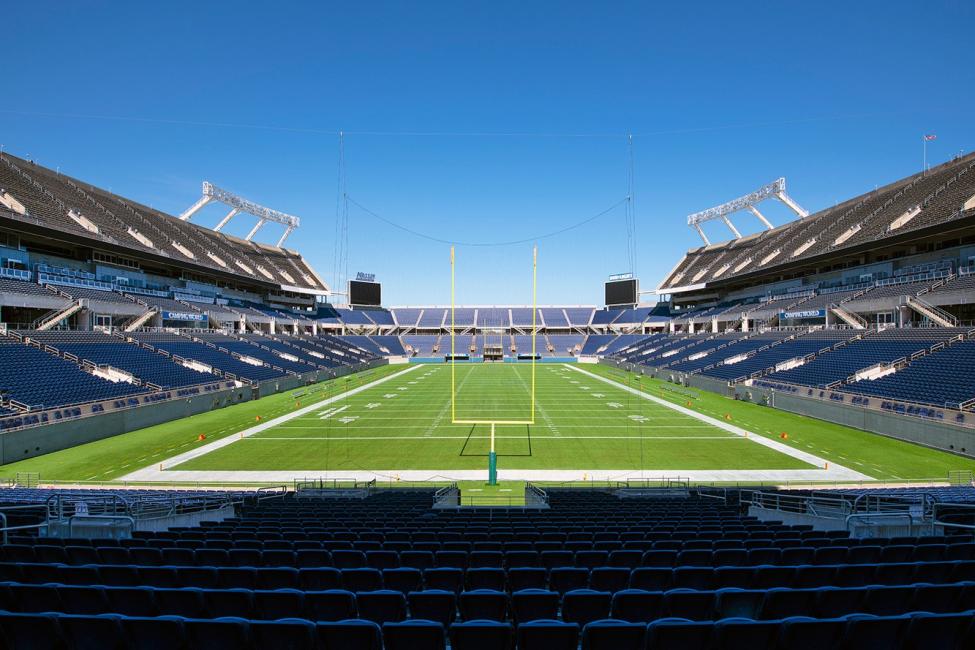Camping World Stadium: Proving Impact to Secure Funding

Camping World Stadium is a high-impact venue that generates significant economic benefits in Orlando and the greater Florida market.
The Background
Camping World Stadium (CWS) is a world-class venue in Orlando, Florida with a rich history dating back to its inception in 1936 as a part of the Works Progress Administration during the Great Depression. The stadium has since grown from an original seating capacity of 8,900 to more than 60,000. Serving as host for epic events such as the FIFA World Cup, NFL Pro Bowl, WrestleMania, NCAA Bowl games and frequent concerts, the stadium is a pillar of community activity.
The stadium continues to evolve as a modern, high-impact venue that generates significant economic benefits in Orlando and the greater Florida market.
The Challenge
Quantify the economic impact of Camping World Stadium on the local economy. The goal? Score funding for continued expansion and modernization.
The Approach
Tourism Economics conducted a comprehensive study analyzing both the incremental and gross impacts of the stadium. Using a custom impact model, the team executed an in-depth analysis of visitor spending, operational expenses and resulting ripple effects throughout the local economy.
The Result
The analysis showcased the extensive economic impacts of Camping World Stadium in terms of total impact, direct visitor spending, employment, household income and fiscal tax contributions.
The findings solidified CWS as a major job creator, income generator and economic engine. Backed by this data, the stadium secured $400 million in public tourism tax funding—nearly half of the available funds.